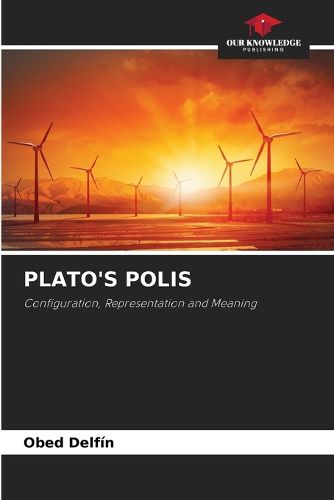Readings Newsletter
Become a Readings Member to make your shopping experience even easier.
Sign in or sign up for free!
You’re not far away from qualifying for FREE standard shipping within Australia
You’ve qualified for FREE standard shipping within Australia
The cart is loading…






Plato expounds his conception of the polis mainly in Republic and Laws; he also does so in Timaeus, Critias and Politicus. In these dialogues as a whole, the philosopher expounds the two senses of the polis. The first sense is the city as the sphere formed by the politeia and the nomos. These unify individuals in a State, that is, the city as a juridical-political-social unit configured by the interrelation between the citizen and the State. The second sense is that of the polis as the architectural-urban form. Configured to be inhabited by men united by ties of race and family, by customs and natural needs that are satisfied in the cooperation between the individual and the State. In investigating the Platonic conception of the city, it is necessary to keep in mind these two modes of being the city, since both are mutually intertwined. Only in this unity can we understand what the Platonic polis is, and in this paper we only analyze the second sense, that is, the architectural-urban meaning of the Platonic polis. For this reason, we only expose the fundamentals of the representation and significance of the Platonic polis.
$9.00 standard shipping within Australia
FREE standard shipping within Australia for orders over $100.00
Express & International shipping calculated at checkout
Plato expounds his conception of the polis mainly in Republic and Laws; he also does so in Timaeus, Critias and Politicus. In these dialogues as a whole, the philosopher expounds the two senses of the polis. The first sense is the city as the sphere formed by the politeia and the nomos. These unify individuals in a State, that is, the city as a juridical-political-social unit configured by the interrelation between the citizen and the State. The second sense is that of the polis as the architectural-urban form. Configured to be inhabited by men united by ties of race and family, by customs and natural needs that are satisfied in the cooperation between the individual and the State. In investigating the Platonic conception of the city, it is necessary to keep in mind these two modes of being the city, since both are mutually intertwined. Only in this unity can we understand what the Platonic polis is, and in this paper we only analyze the second sense, that is, the architectural-urban meaning of the Platonic polis. For this reason, we only expose the fundamentals of the representation and significance of the Platonic polis.